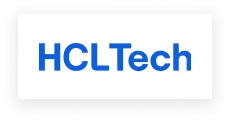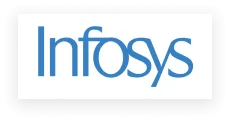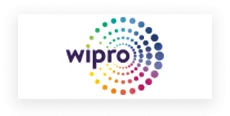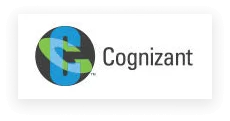30+
Years of Excellence
30,000+
Students Trained Every Month
99.1%
On-Time Batch
300+
Certified Trainers
5,000+
Courses to Choose From
Trusted by
To ensure the privacy of our clients, we use pseudonyms
Carter Brooks
United States
Although it was a lot of information to take in, the instructor, Anupam, was more than ready to answer any and all of my questions and even provided multiple ways to approach the same query or task. He had an amazing grasp of the topic.
Show More
Administering Microsoft SQL Server 2022
Anibal Mondlane
Mozambique
Very satisfied with the overall training. The trainer maintained a clear and structured approach throughout the course. I gained practical insights along with theoretical knowledge. I’d love to explore more courses with the same trainer.
Show More
Data Science with Python
Saud Al-Tamimi
Saudi Arabia
It was smooth training with a fantastic trainer who provided excellent information in a simple and clear way. She demonstrated strong capabilities and intelligence, making me feel comfortable throughout the course.
Show More
Certified Information Systems Security Professional (CISSP)
Felix Donovan
Australia
I have thoroughly enjoyed all the sessions. The trainer is very process-oriented and ensures every concept is clearly understood. The flow of the training was excellent. I will definitely reach out for future training in other technologies.
Show More
AWS Certified Solutions Architect - Associate (Architecting on AWS)
Khalid Al Noor
United Arab Emirates
All sessions were insightful and well-organized. The trainer maintained a clear structure and addressed all queries patiently. I truly appreciate the professionalism and knowledge shared. Looking forward to learning more with them in the future.
Show More
Certified SOC Analyst v1 (CSA)
Layla Al-Fahad
Saudi Arabia
I did not face any challenges because the instructor did an amazing job teaching me every aspect I needed to earn my certificate. The training was delivered clearly, with easy-going discussions, and he even walked me through the LET platform. He was helpful at every step. Thanks to him, I feel very confident about taking the exam, and I consider you my first choice for my next certificate.
Show More
ITIL® 4 Foundation
Zayed Al Hashimi
United Arab Emirates
Thank you for delivering such clear and insightful Oracle HCM training. Your deep expertise across modules made complex topics easy to follow. The hands-on examples, real-world use cases, and your engaging style kept the sessions highly effective. I now feel confident applying what I've learned in practical scenarios. Excellent delivery overall! No issues in training.
Show More
Oracle HCM Customised end to end
Tariq Al-Zahir
Oman
No challenge at all; instructor Vikas was great. The explanation was excellent, and he delivered the information in an easy way.
Show More
Implementing Cisco Enterprise Network Core Technologies (ENCOR) v1.4
Harper Caldwell
United States
I got an excellent rating, and both participants said they loved the session.
Show More
Project Management Professional (PMP®) Certification Training
















